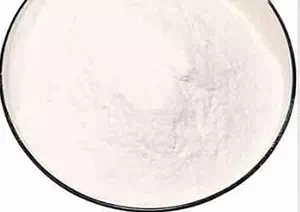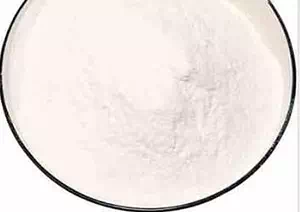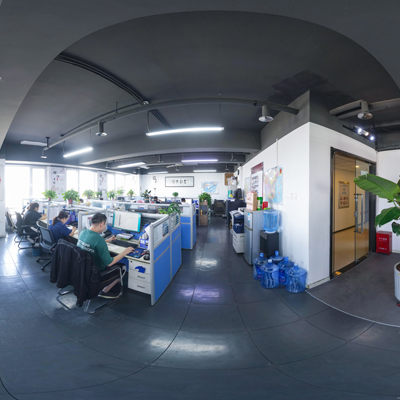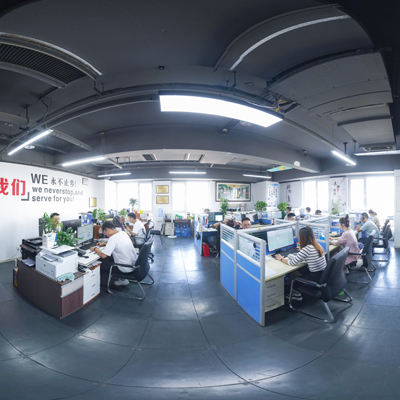What is Sodium 3-nitrobenzenesulphonate CAS 127-68-4?
Mainstream process: Sulfonation of nitrobenzene - neutralization method
Sulfonation reaction: Nitrobenzene reacts with fuming sulfuric acid (containing 20% SO₃) at 0-5°C, then the temperature is raised to 100°C and held for 2 hours.
Salting out and purification: The reaction solution is diluted with ice water and then salted out with table salt. After filtration, m-nitrobenzenesulfonic acid is obtained.
Neutralization crystallization: Sulfonic acid is neutralized with soda ash, decolorized with activated carbon, and then cooled and crystallized to obtain the finished product.
Raw material consumption: nitrobenzene (390 kg/t), sulfuric acid (550 kg/t), fuming sulfuric acid (410 kg/t).
Sodium 3-nitrobenzenesulphonate CAS 127-68-4 Use
Dye industry
Anti-dye and protective agents: Used in reductive/sulfur dye printing to prevent reductive substances from damaging the dye structure and protect the stability of color light.
Dye intermediates: Synthesis of vanillin and other dyes.
Industrial additives
Electroplating nickel remover: Dissolves nickel layers and is used for the repair of precision parts;
Ship anti-rust agent: Neutralizes the reducing substances on the metal surface and delays corrosion.
Organic synthesis
Mild oxidant: Catalyzes oxidation reactions in drug synthesis;
Catalyst: Promotes the synthesis of carboxylic acid compounds.
Sodium 3-nitrobenzenesulphonate CAS 127-68-4 safety
Health hazard:
It irritates the eyes, skin and respiratory tract. Contact may cause redness, swelling and pain.
Acute toxicity: Oral LD₅₀ > 2000 mg/kg in rats (low acute toxicity).
Environmental risk:
Toxic to aquatic organisms (WGK Germany Grade 1), entry into water bodies needs to be prevented.
Protective measures:
Wear a gas mask, chemical goggles and impermeable gloves when operating.
Leakage treatment: Adsorb with sand or rinse with water to avoid dust.
Service
* Prompt reply and 24 hours online, professional team to provide best price and high quality product.
* Sample testing support.
* Every batch of products will be tested to ensureits quality.
*The packing also can be according the customers` requirment.
*Any inquiries will be replied within 24 hours.
*we provide Commerical Invoice, Packing List, Bill of loading, COA , Health certificate and Origin certificate. If your markets have any special requirements, let us know.







